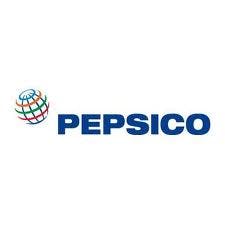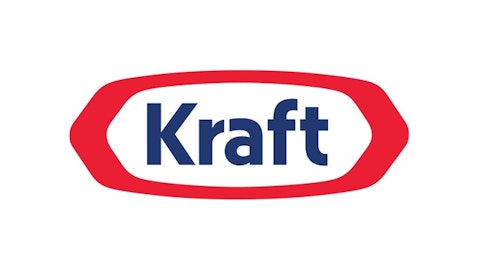Nelson Peltz shook things up in the snack food world recently when the activist investor laid out his proposed PepsiCo, Inc. (NYSE:PEP) and Mondelez International Inc (NASDAQ:MDLZ) merger. Here are three reasons PepsiCo isn’t biting on the idea.
1. Integration risks

Yet many analysts, shareholders, and PepsiCo, Inc. (NYSE:PEP) management question the likelihood of the cohesiveness Peltz is proposing. Specifically, they’re concerned with huge integration risks. After all, Mondelez International Inc (NASDAQ:MDLZ) has been a standalone entity for less than a year and is still trying to gain its footing after spinning off its North American grocery business, now known as Kraft Foods Group Inc (NASDAQ:KRFT). Mondelez International Inc (NASDAQ:MDLZ)’s stock has underperformed the consumer staples sector and the overall stock market since the split from Kraft Foods Group Inc (NASDAQ:KRFT).
2. Debatable value creation
The other part of the Peltz plan calls for PepsiCo, Inc. (NYSE:PEP) to divest its sluggish beverage business. Yet critics question how the proposed merger would add long-term value. PepsiCo CEO Indra Nooyi insists the company’s diverse product portfolio lends itself to benefit from the “high coincidence of snack and beverage purchase and consumption.” According to the company, 50% of the time a U.S. consumer buys a salty snack they also purchase a refreshing beverage.
By housing both, PepsiCo, Inc. (NYSE:PEP) feels it can capture enormous cross-selling opportunities and profit handsomely. The company has been implementing a multiyear productivity program to strengthen these two complementary businesses. So far, PepsiCo has realized $1 billion in productivity savings and is on track to deliver an additional $2 billion by 2015.
3. Tough sell with major shareholders
PepsiCo’s shareholders had been frustrated with the underperformance of its stock for several years as the snack food and beverage giant hadn’t reaped much reward from its restructuring efforts. But recently the stock has made a comeback, up 23% year to date, outperforming the consumer staples industry and the S&P 500 and trading near its all-time high.
Many of PepsiCo’s major shareholders oppose Peltz’s plan, including BlackRock. The mammoth asset manager’s CEO, Laurence Fink, “questions how it would add long-term value.” BlackRock, which owns roughly 5% of PepsiCo’s outstanding shares, is one of its largest shareholders and represents what kind of opposition the proposal faces. But if Peltz can garner institutional shareholder support, then PepsiCo may be forced to come up with some type of solution.
Of course, it’s worth mentioning that Peltz’s Trian Fund Management is a huge shareholder of both companies. Mondelez International Inc (NASDAQ:MDLZ) and PepsiCo made up a whopping 26% and 20%, respectively, of Peltz’s $4.6 billion fund as of March 31. Clearly, he’s got some skin in the game with nearly half of his fund invested in these two companies alone.




